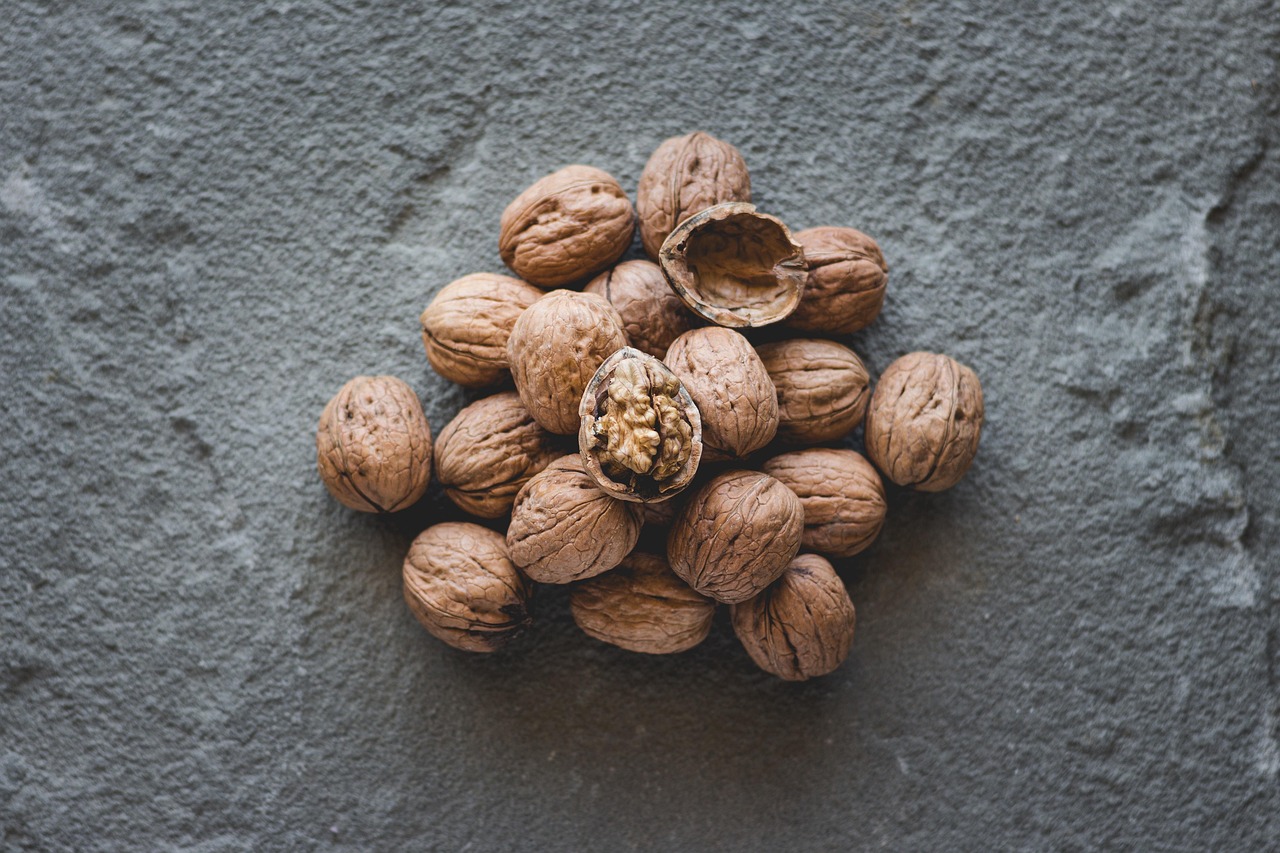In today’s health-conscious world, fat intake often becomes a contentious topic. Despite its reputation, fat is an essential macronutrient that plays several crucial roles in our body. Understanding the complexities of dietary fat can empower individuals to make informed choices that align with their health goals. This blog post aims to demystify fat intake, discussing its types, benefits, recommended daily allowances, sources, and dietary strategies to incorporate healthy fats into your meal plans.
Understanding Dietary Fats
Dietary fats are a vital part of our nutrition, impacting everything from cellular function to hormone regulation. They are categorized into several types, each with distinct properties and health effects.
Types of Fats
- Saturated Fats: Typically solid at room temperature and found in animal products like butter, cheese, and red meat.
- Unsaturated Fats: Generally considered healthier, these fats are liquid at room temperature and come in two varieties:
- Monounsaturated Fats: Found in olive oil, avocados, and nuts.
- Polyunsaturated Fats: Includes omega-3 and omega-6 fatty acids, found in fish, flaxseeds, and walnuts.
- Trans Fats: Man-made fats created during hydrogenation, commonly found in processed foods. They are linked to adverse health effects.
The Role of Fat in the Body
Fats serve several important functions:
- Energy Source: Fats provide 9 calories per gram, making them a concentrated source of energy.
- Absorption of Nutrients: Certain vitamins (A, D, E, K) are fat-soluble, meaning they require fat for proper absorption.
- Hormone Production: Fats are crucial for producing hormones and neurotransmitters, supporting overall health.
- Cell Membrane Integrity: Fats help form cell membranes, providing structure and function to cells.
Recommended Daily Fat Intake
Determining the right amount of fat for your diet depends on numerous factors, including age, sex, activity level, and health status. However, general guidelines can help form a basis for healthier eating.
Daily Fat Intake Guidelines
- According to the Dietary Guidelines for Americans, fat should constitute about 20-35% of your total daily calories.
- For a standard 2,000-calorie diet, this translates to approximately 44-78 grams of fat per day.
Balance is Key
* Aim to prioritize:
* Unsaturated fats over saturated and trans fats.
* Whole food sources rather than processed options.
Sources of Healthy Fats
Integrating a variety of healthy fats into your diet can enhance flavor while improving your health. Here are excellent sources to consider:
Foods Rich in Unsaturated Fats
- Nuts and Seeds: Almonds, walnuts, chia seeds, and flaxseeds are great options.
- Oils: Olive oil and avocado oil can be excellent replacements for butter or margarine.
- Fatty Fish: Salmon, mackerel, and sardines provide omega-3 fatty acids, beneficial for heart health.
- Avocados: A versatile food source high in monounsaturated fats.
Incorporating Healthy Fats into Your Diet
Here are a few practical tips:
- Add a tablespoon of chia seeds or ground flaxseeds to your smoothies.
- Substitute butter with olive oil for cooking and baking.
- Snack on a small handful of mixed nuts or seeds instead of processed snacks.
- Incorporate fatty fish into your meals at least twice a week.
Debunking Myths About Dietary Fat
Despite growing research supporting the health benefits of fat, myths persist. Let’s clarify some common misconceptions:
Common Myths About Fat
- Myth 1: “All fats are bad.”
- Myth 2: “Eating fat makes you gain weight.”
- Myth 3: “Low-fat diets are always healthier.”
Understanding the Truth
In reality, the type of fat consumed is what impacts health. Healthy fats can support weight loss, bolster heart health, and provide essential nutrients. Knowledge is wealth—focusing on quality rather than quantity is key.
Conclusion
Fat intake is an essential aspect of a balanced diet, and understanding the differences between types of fat can help you make healthier choices. Embrace healthy fats as a flavorful and satisfying part of your meals, while being mindful of your overall caloric intake. With the right approach, incorporating fat can enhance both your meals and your health.
By prioritizing unsaturated fats from whole foods, you can pave the way for improved well-being and a more enjoyable eating experience. Remember to consult with a healthcare or nutrition professional before making significant dietary changes. Eating healthy fats is not just beneficial; it can also be delicious!






